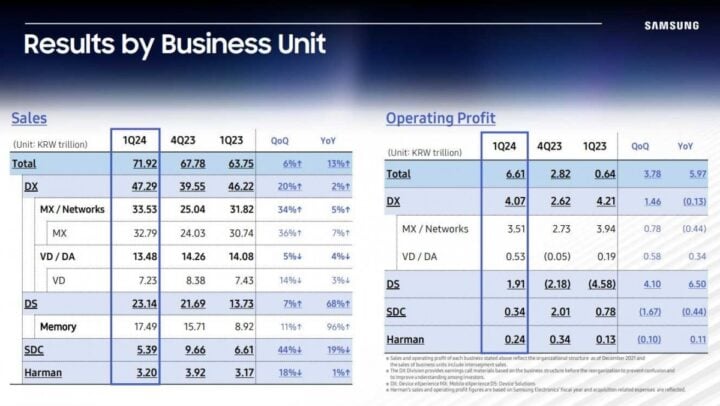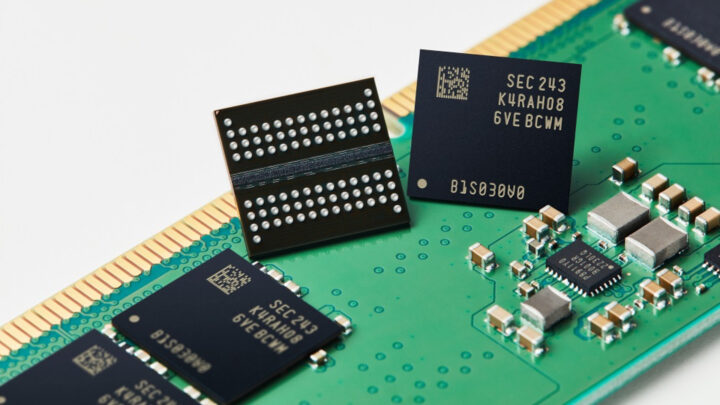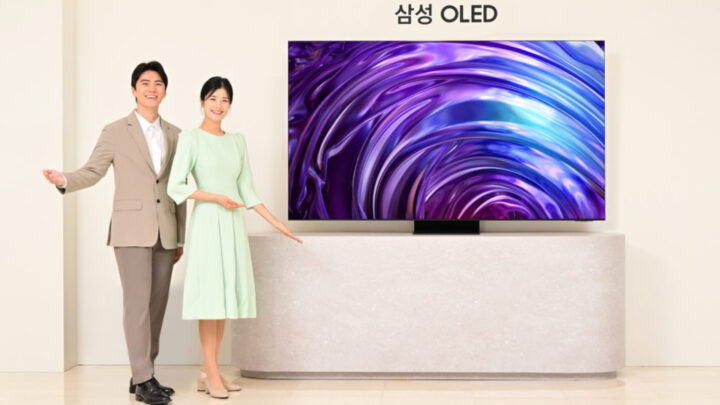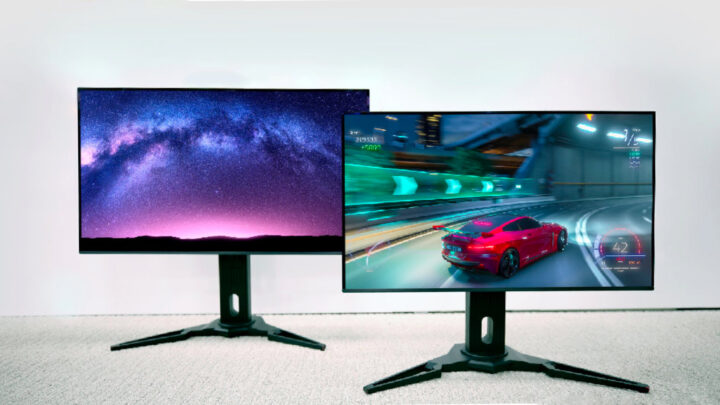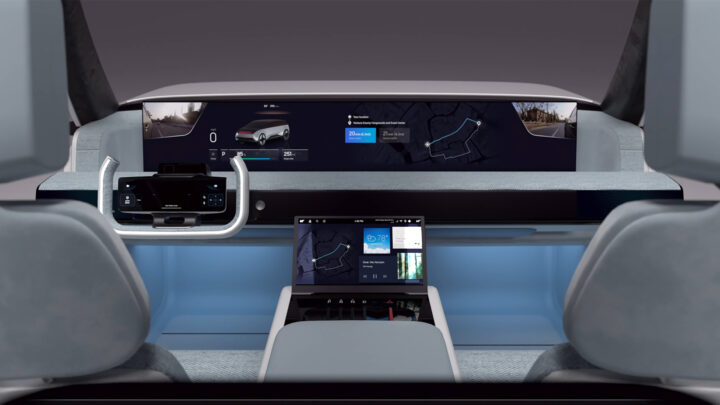[ad_1]
Samsung has revealed its financial results for the first quarter of this year, a few weeks after revealing revenue estimates. The company revealed that its revenue rose 13% compared to Q1 2023, while its profit skyrocketed nearly 10x (933%) compared to the year earlier.
Samsung’s profit jumps nearly 10x in Q1 2024, thanks to strong memory and smartphone sales
In Q1 2024, Samsung’s revenue was KRW 71.92 trillion ($52.08 billion), while the operating profit was KRW 6.61 trillion ($4.78 billion). That’s 13% more revenue and 933% higher profit compared to figures from Q1 2023. This massive rise in profit is due to higher memory chip and smartphone sales. Its semiconductor memory chip business returned to profit after nearly a year of losses, thanks to a rise in memory chip prices. The company’s home appliances, smartphone, and TV divisions also posted higher earnings during the quarter.
Smartphones
The company’s smartphone division (Samsung MX) generated revenue of KRW 33.53 trillion ($24.27 billion) and an operating profit of KRW 3.51 trillion ($2.54 billion). While the market demand for mid-range and high-end phones decreased, Samsung improved its revenue and profit due to impressive sales of the Galaxy S24. The company says it maintained “solid double-digit profitability” due to resource optimization.
Samsung expects smartphone and tablet sales to decline in Q2 2024. However, sales are expected to increase in the second half of this year as consumer sentiment could improve, especially in emerging markets. Samsung MX aims to ship more phones annually than it did in 2023.
The company plans to improve wearable sales through new models and form factors (like the Galaxy Ring) and confirms plans to launch premium smartwatches.
Semiconductor Chips
The Samsung Device Solutions division, which oversees the design and manufacturing of semiconductor chips, posted a revenue of KRW 23.14 trillion ($16.75 billion) and an operating profit of KRW 1.91 trillion ($1.38 billion). Thanks to the ongoing AI boom, sales of DDR5 memory, HBM memory, and server SSDs increased, while sales of UFS 4.0 storage chips increased largely due to higher demand from Chinese smartphone brands. Samsung says that the memory business will remain strong throughout Q2 2024.
The System LSI business, which designs camera sensors, smartphone processors, and other components, saw increased sales. However, improvements in earnings have taken longer than expected as Display Driver Integrated Chips (DDI) sales have slowed due to slow panel demand. Samsung also announced its plans to launch a new wearable processor based on advanced technologies.
Samsung Foundry, the company’s division that manufactures semiconductor chips, hasn’t seen an improvement in sales. However, the company is continuously improving its technologies. Its 4nm process node finally has stable yields, while the development of 2nm and 3nm processes is claimed to be moving ahead smoothly. Apparently, Samsung Foundry has seen its highest-ever order backlog in the first quarter. It plans to start the mass production of second-generation 3nm chips in the second quarter, likely for the next-generation Exynos chips that will be used in the Galaxy S25.
Home Appliances & TVs
The company’s home appliances and TV divisions posted revenue of KRW 13.48 trillion ($9.75 billion). Their operating profit reached KRW 0.53 trillion ($383 million) during the first quarter. The TV business posted higher profits compared to Q4 2023 despite weak TV sales globally, thanks to higher sales of premium models (Neo QLED TV, OLED TVs, and 75-inch or bigger TVs).
Demand for TVs is expected to remain weak in the second quarter, but sales are estimated to improve in the second half of the year.
Display Panels
Samsung Display makes all kinds of display panels, including small and medium-sized OLED panels for laptops, smartphones, smartwatches, and tablets, as well as large-sized QD-OLED panels for monitors and TVs. This division’s sales were KRW 5.39 trillion ($3.89 billion), and its operating profit was KRW 0.34 trillion ($245 million).
While it supplied smartphone and tablet OLED panels to major customers, its performance dropped due to intense price competition from Chinese OLED firms. Since TV sales have been weak globally, Samsung improved sales by introducing QD-OLED monitor panels.
Harman International
Samsung owns Harman International, which makes AKG, Harmon Kardon, Infinity Audio, and JBL audio products. This division also develops and sells connected car equipment, which is increasingly being used these days. Its sales were KRW 3.2 trillion ($2.3 billion), while its operating profit was KRW 0.24 trillion ($173 million). Its performance declined slightly due to an off-season.
[ad_2]
Source Article Link


